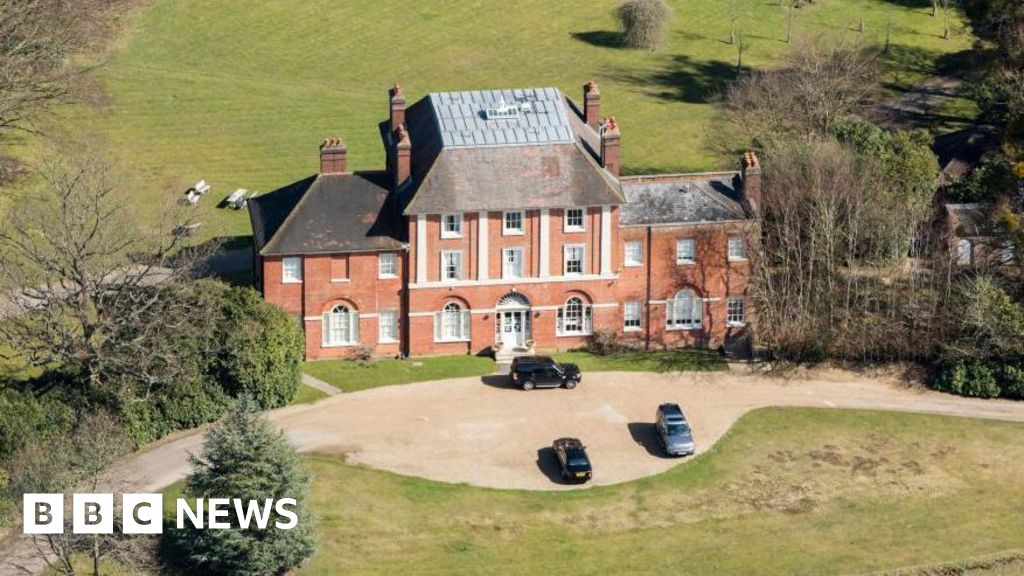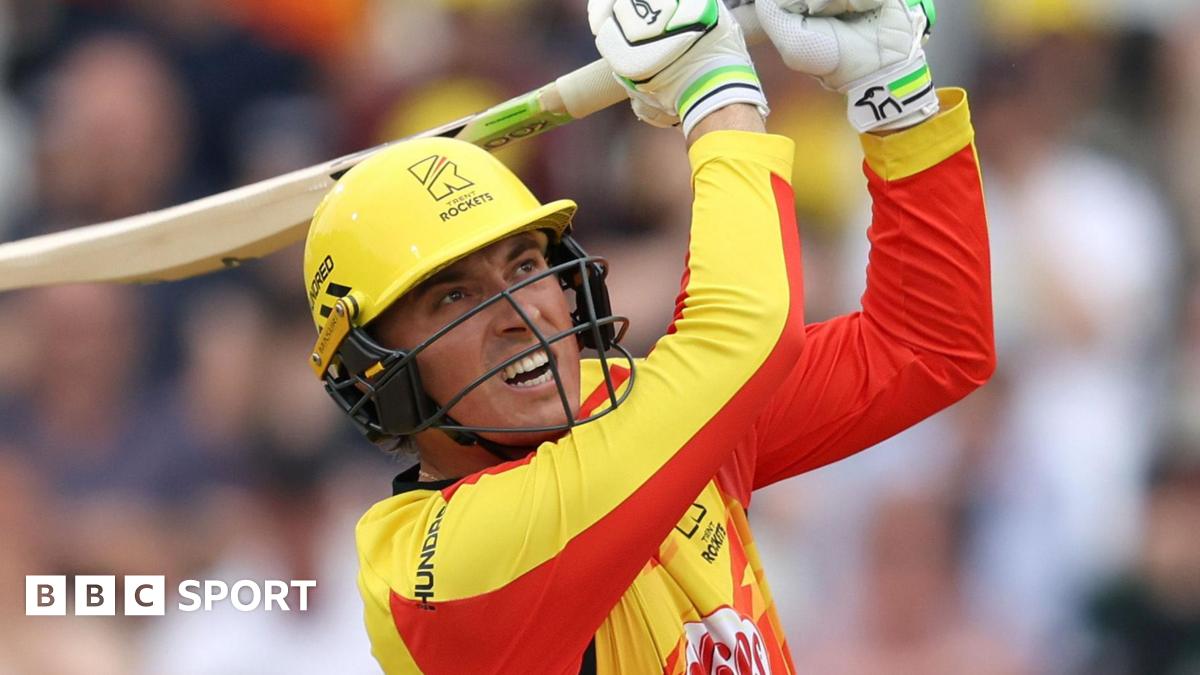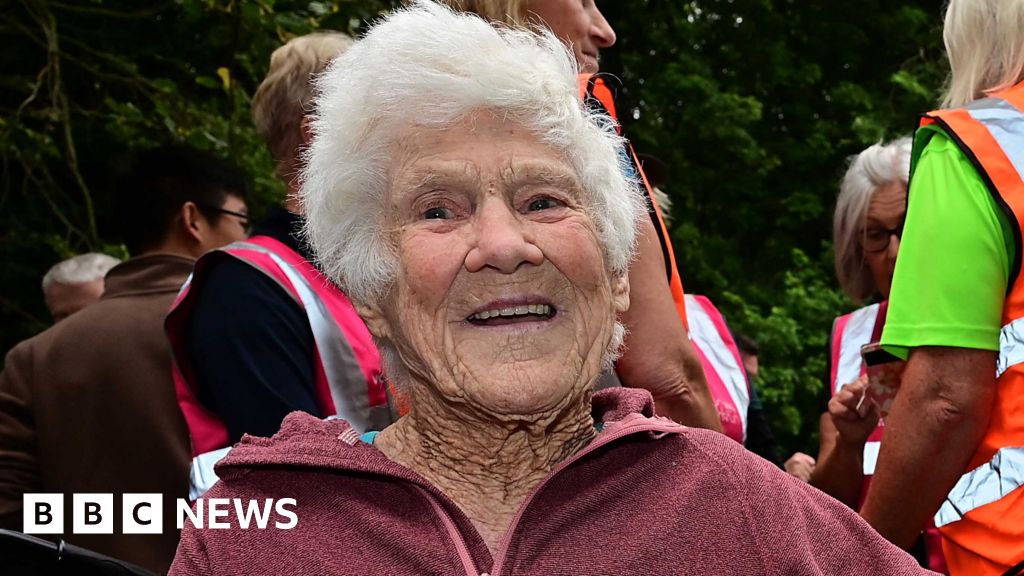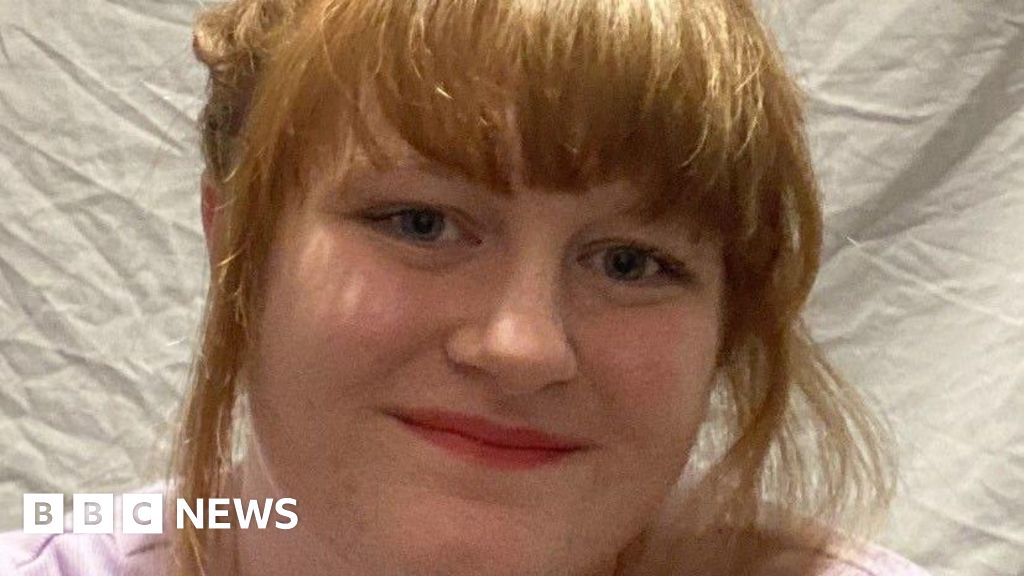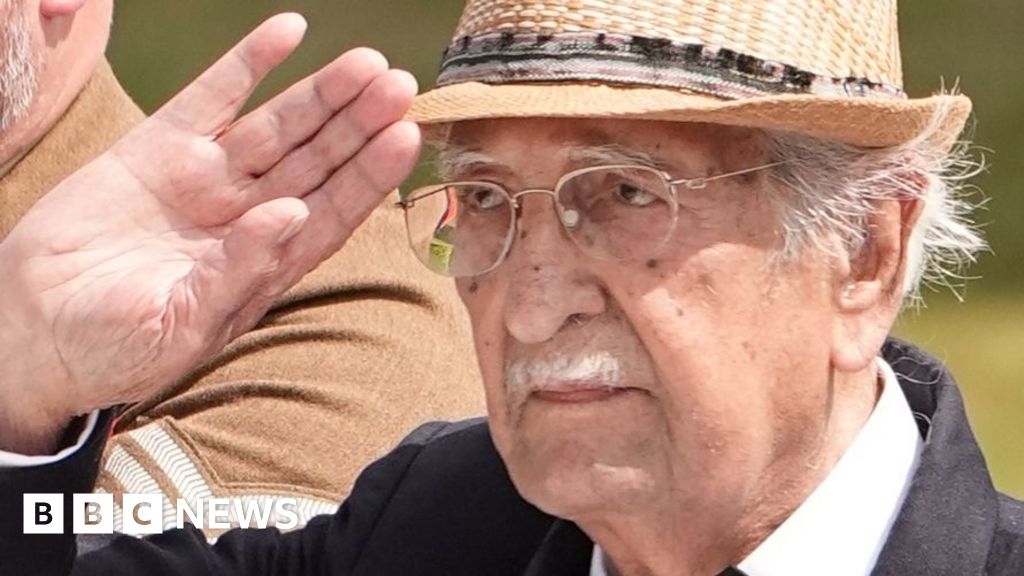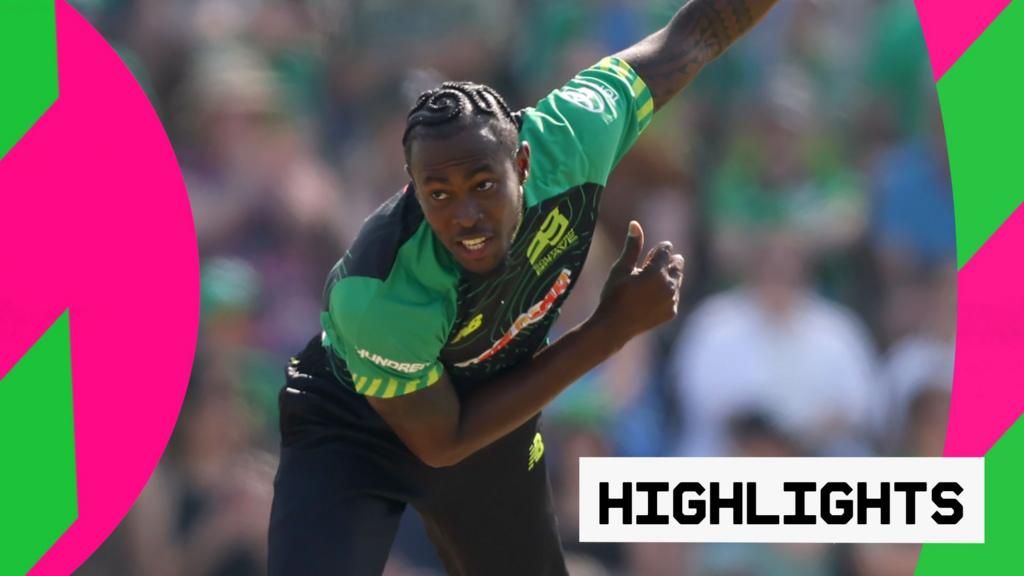
Former South African President Thabo Mbeki.
Mikhail Svetlov/Getty Images
- The Truth and Reconciliation Commission’s final report referred more than 300 apartheid-era crimes, where perpetrators were denied amnesty, to the NPA for further investigation and possible prosecution.
- Former prosecutions boss Vusi Pikoli and other senior NPA officials said ministers and senior officials in the Mbeki administration actively stymied their efforts to pursue those cases.
- Former President Thabo Mbeki and former Justice Minister Brigitte Mabandla deny any such interference took place – and applied to intervene in a constitutional damages case against the state over the non-prosecution of apartheid-atrocity cases.
The Gauteng High Court in Pretoria has dismissed former President Thabo Mbeki and his Justice Minister, Brigitte Mabandla’s, bid to intervene in a R167 million damages claim linked to the non-prosecution of apartheid-atrocity cases.
Mbeki and Mabandla insisted they should be given the opportunity to dispute and disprove evidence that their administration interfered in the prosecution of more than 300 killings and disappearances the Truth and Reconciliation Commission (TRC) referred to the National Prosecuting Authority (NPA).
But, in a ruling delivered on Friday morning, Judge Anthony Millar said the best place for them to do so was in the Khampepe Commission, which President Cyril Ramaphosa instituted to investigate the NPA’s failure to prosecute the TRC cases.
He further pointed out that both the Gauteng High Court in Pretoria and the Supreme Court of Appeal had already found that there was political interference in the prosecution of TRC cases, when they dismissed apartheid-era police officer Joao Rodrigues’s application for a permanent stay of his prosecution for the murder of anti-apartheid activist Ahmed Timol.
“Accordingly, it cannot be in issue that there was political interference in the prosecution of the TRC cases. Our courts have found this to be so, and those findings stand and are binding,” Millar said.
“The issue has been decided.”
READ | Lack of justice for apartheid victims ‘an indictment on all of us,’ says judge
He added that, because that “general finding” had been made, there was no need for a specific finding to be made against Mbeki and Mabandla, and as such, there was no need for them to be allowed to intervene in the damages claim.
“That this is so is further demonstrated by the absence of any direct evidence presented against Mr Mbeki and Ms Mabandla,” he said.
Former prosecutions head Vusi Pikoli and other high-level State advocates previously testified that there was a deliberate attempt by certain members of the Mbeki administration to stymie the prosecution of the 300 criminal cases the TRC referred to the NPA.
Bolstered by that evidence, 22 survivors and families of those forcibly disappeared or killed turned to the courts to seek an inquiry into that evidence, as well as constitutional damages.
Ramaphosa agreed to institute the inquiry sought by apartheid victims’ families, but their claim for damages has yet to be decided.
Next week, the president will ask the Gauteng High Court in Pretoria to stay that litigation, pending the outcome of the Khampepe inquiry. The families are opposing that application.
Mbeki previously slammed Pikoli’s detailed evidence that officials in his administration appeared panicked that 37 ANC members denied amnesty by the TRC could face prosecution if the NPA pursued TRC cases as “nothing more than pure fabrication”.
The Office of President Thabo Mbeki said in a statement:
The NPA must demonstrate enough integrity by apologising for not processing the TRC cases, rather than engage in dishonourable behaviour of trying to hide behind a fig leaf, which is nothing more than pure fabrication.
“During the years I was in government, we never interfered in the work of the National Prosecuting Authority (NPA). The executive never prevented the prosecutors from pursuing the cases referred to the NPA by the Truth and Reconciliation Commission,” Mbeki added.
“There was never any Minister of Justice during those years who was ever authorised to instruct any NDPP [National Director of Public Prosecutions] to act in one way or another. No NDPP, including Pikoli, ever approached me to complain that he/she had been instructed by a minister, or any other official, to violate the independence of the NPA as prescribed by the Constitution.”
In response, the 22 survivors and families of murdered anti-apartheid victims argued that Mbeki and Mabandla did not have a proven legal interest in their damages claim – but were solely driven by a desire to protect their reputations.
Millar appeared to agree with that contention.
“Mr Mbeki and Ms Mabandla have no direct and substantial interest in the granting of any declaratory order against the government respondents and would have no obligation in respect of the granting of that order or any damages awarded in consequence thereof,” he said.
“The appropriate forum for them to ‘tell their side of the story’ is at the commission of inquiry.”
 (1).png)
 2 weeks ago
6
2 weeks ago
6
